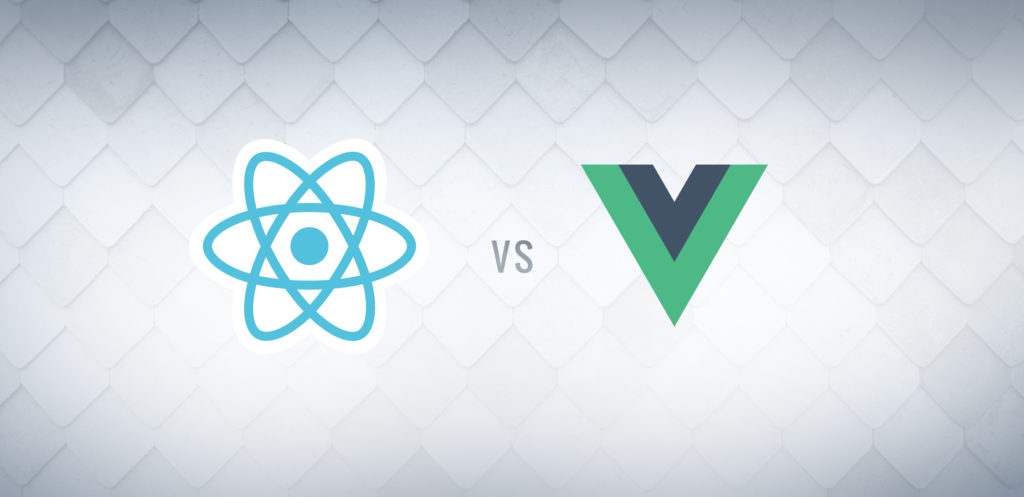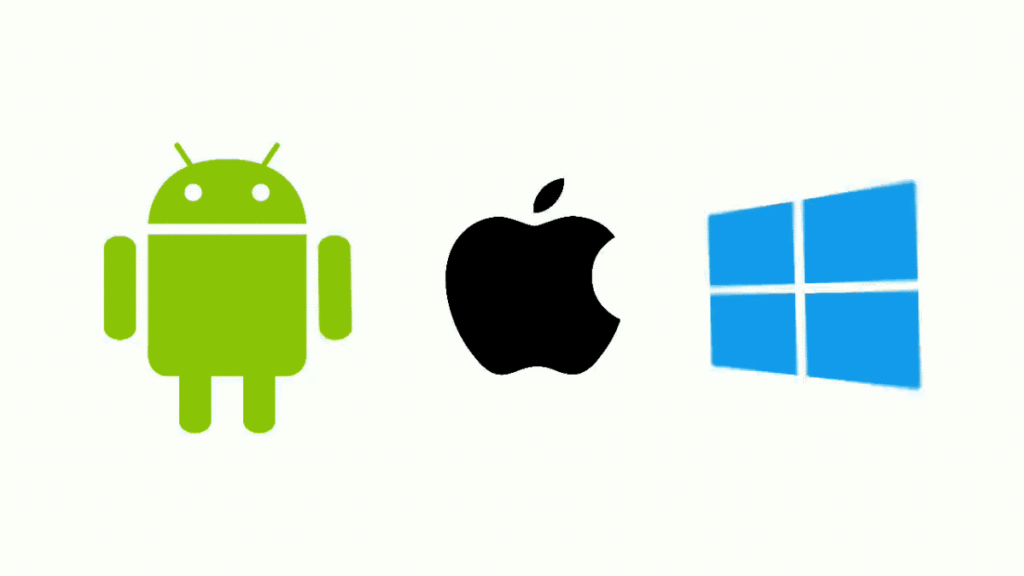The Biggest Designer Debates
It seems like every industry has their own set of fiercely debated topics. They pit tool against tool, theory against theory and can be great fun (or infuriating, depending upon your perspective). But since web designers spend an inordinate amount of their lives online, our debates tend to stir a whole lot of both participation and passion.
r debates tend to stir a whole lot of both participation and passion.
Today, we’re going to look at some of the subjects of debate that have taken on a life of their own. Some are completely organic to the industry, while others have been adapted from society at large. Regardless, they have resulted in some epic arguments.
So, let’s poke the bear and bring up those topics you may not want to discuss during an after-work get together!

Page Builders vs Old School Design
If you use a page builder – does that make you something less than professional? Does it mean that you’re taking unnecessary shortcuts?
These are among the questions raised by the use of the popular class of drag-and-drop tools. They’re most often associated with DIY providers like Squarespace and Wix, in addition to WordPress – thanks to a plethora of available plugins.
Part of the appeal of a page builder is that, in theory, it should allow a non-designer to put together a complex layout full of high-tech goodies. In practice, this isn’t always the case. Even an advanced tool can’t fully make up for a novice user who makes questionable decisions.
For web designers, some see the use of this type of tool as akin to making a frozen pizza. Sure, it’s easier. But the final product may miss some of that authenticity that would make it truly stand out. In some ways, it’s a similar argument to the one we had way back when WYSIWYG tools like Dreamweaver first hit the market. It’s the classic battle of tradition vs progress.
Eric’s Take: This one still elicits a lot of debate – including from yours truly. I’m proud to say that I’ve stood firmly in both camps at various times. I used to have plenty of reservations regarding page builders. It seemed like their aim was to replace professional designers (although, they were kind of lousy at it). Lately, however, I’ve warmed up to them a little. Like most relationships, this one is a bit complicated.
React vs Vue

The future of the web is said to be based on JavaScript. At least, it certainly seems that way, what with all the hype surrounding Gutenberg and other JS-based interfaces. And it’s easy to see why. The thought of a website as a lightning-fast, completely interactive application certainly sounds exciting.
But we’re not necessarily going to build those UIs of tomorrow with vanilla JavaScript. Instead, we’re going to leverage a top front-end framework like Vue.js or React to help us get there. That’s where this argument gets real.
Both of these packages are quite capable. However, there are core differences that tend to split the development world into two camps.
Vue is widely thought to be easier to learn and is much more of a traditional community-based open source project. In some ways, it seems to be the feisty underdog that is always nipping at React’s heels. Never underestimate this kind of appeal.
React, on the other hand, uses a more hardcore JavaScript syntax and is a great fit for highly-complex applications (such as the aforementioned Gutenberg). It’s also built and maintained by Facebook – which is either wonderful or terrifying.
Eric’s Take: Frameworks, regardless of language, are always hotly debated. It doesn’t seem like either project (or competitors like Angular) are going away any time soon.
Personally, I always advocate for peace. Therefore, I think everyone should use what they’re comfortable with. If you can build what you need with your favorite framework, go for it! Otherwise, we’re arguing about apples and oranges.
Mac vs PC / iOS vs Android
Okay, this argument goes well beyond just designers. It’s been going on for decades – even before the web was a mainstream medium. But it’s still quite relevant in our industry.

Back in the day, many creative professionals chose Mac as it offered a lot of tools that simply weren’t available on a Windows PC. Photoshop, for instance, was Macintosh-only until version 2.5. Not to mention that, from the very beginning, it seemed that Apple courted a cult-like following of devotees. Bill Gates and Microsoft weren’t in the same league when it came to the cool factor.
These days, the Apple-faithful also battle another juggernaut – Google. When it comes to the mobile device wars of this decade, Microsoft is nowhere to be found (at least, not in the OS market). Therefore, Google and its Android OS have taken over as the boogeymen.
In both segments, Apple has a much smaller (yet, not insignificant) market share. When it comes to traditional computers, Windows has a commanding 87% of the market, compared to just under 10% for Mac OS. Mobile is a little closer, but Android still dominates with a 70% to 28% edge.
Eric’s Take: The differences in hardware on these various platforms seems negligible. On the computing side, Apple charges a premium for slick industrial design, while a Windows PC can be built on the cheap and still look decent enough (for my tastes, at least).
Still, whenever I attend events such as WordCamps, I see those ultra-expensive MacBook Pros everywhere. Yes, they are quite beautiful. But my vote still goes with the PC for providing much more bang for the buck.
The mobile competition seems a little closer. On one hand, there are a number of cheap Android devices available for the budget-conscious among us. Yet, you can still waste a few paychecks on a Google Pixel or Samsung Galaxy – just the same as you can with an iPhone. The difference is that Android provides a wider array of options (along with varying degrees of hardware quality).
Whichever you choose, you’re still getting a high-quality operating system. That said, it’s mainly a matter of how much you’re willing to pay in order to look cool.
A Sign of Caring

The classic arguments above can sometimes become tired and even a little less than friendly. Yet, they are a representation of just how passionate the designer community is. Sure, some people just like to butt heads (see what I did there?) – but in most cases, these debates come from a place of genuine caring. It’s also a healthy part of any open society.
So, feel free to join in a debate. Sometimes it takes you around in circles, but there’s a chance that it may also help push things forward.
